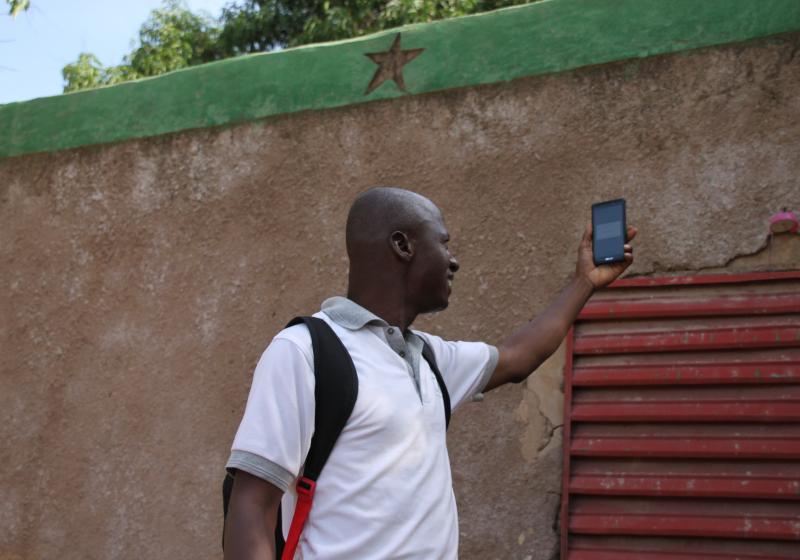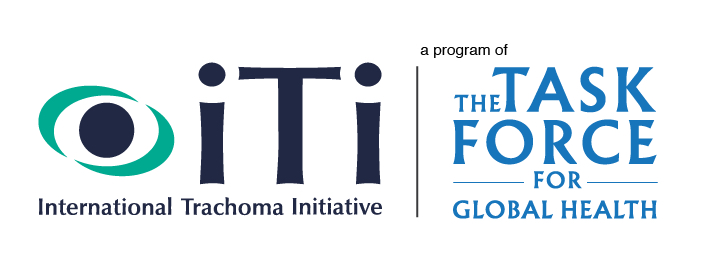
More than a million people examined for trachoma
Photo credit: Genevieve LaCon for ITI
In just over a year, more than one million people across four continents, have been examined for trachoma, the world’s leading infectious cause of blindness. This was achieved through Tropical Data, a service which supports national health ministries to collect high-quality, standardized data in the global fight to eliminate trachoma, a painful neglected tropical disease (NTD).
The latest Tropical Data milestone was achieved in the Chienge district of Zambia, where the one-millionth person was recently examined for signs of trachoma. As well as working with ministries of health in 21 African nations, the service has also worked with countries in South America, Asia and Oceania. In total, health ministries in 28 countries have used the service, which provides countries with epidemiological and training support, as well as data management and analysis to complement the survey fieldwork.
The use of smartphone technology by teams in the field speeds up the collection and transmission of data, allowing for quicker analysis and application of results by health ministries. Even field teams in the most remote and difficult environments can be supported to conduct surveys.
High-quality data plays an essential role in the journey towards trachoma elimination. With the evidence generated by these surveys, health ministries are able to pinpoint exactly where to implement interventions and offer life-changing support using the SAFE (surgery, antibiotics, facial cleanliness and environmental improvement) strategy for trachoma elimination. Crucially, it also highlights where interventions are no longer needed and success can be celebrated. Tropical Data helps countries gather evidence for the World Health Organization (WHO), to show where they are free of the disease, working towards their elimination goals.
Trachoma is still a public health problem in 39 countries, visually impairing and blinding around 1.9 million people globally, but there are very encouraging signs of progress. The latest global blindness figures published by Lancet, suggest that the number of people at risk of going blind from infectious diseases like trachoma has fallen in recent years.
Thanks to collaborative efforts to understand, treat and tackle trachoma, the journey to elimination continues to increase in momentum. The WHO Alliance for Get2020, which brings together a diverse group of organizations, aims to keep up this pace and eliminate trachoma as a public health problem worldwide by 2020. The Tropical Data service is just one part of this journey.
Further information:
The Tropical Data service builds on the foundation of the successful Global Trachoma Mapping Project (GTMP), the largest infectious disease mapping project ever undertaken. It is made possible by funding from a number of organizations including: Sightsavers, The Queen Elizabeth Diamond Jubilee Trust, UK aid, USAID through its ENVISION project, RTI International, and the International Trachoma Initiative (ITI).
The Tropical Data team are a consortium of scientific, technological and implementation partners and work alongside ministries of health and other non-governmental organizations to deliver this vital service. The Tropical Data team includes:
- WHO, which sets standards, provides scientific oversight and protects country interests.
- ITI, which provides the core data management service, supports technology, and backstops fieldwork.
- RTI, which developed the technology behind the service and supports global training-of-trainers sessions.
- Sightsavers, which provides project management, logistics, budgeting, and training packages.
To find out more about the initiative, visit www.tropicaldata.org

